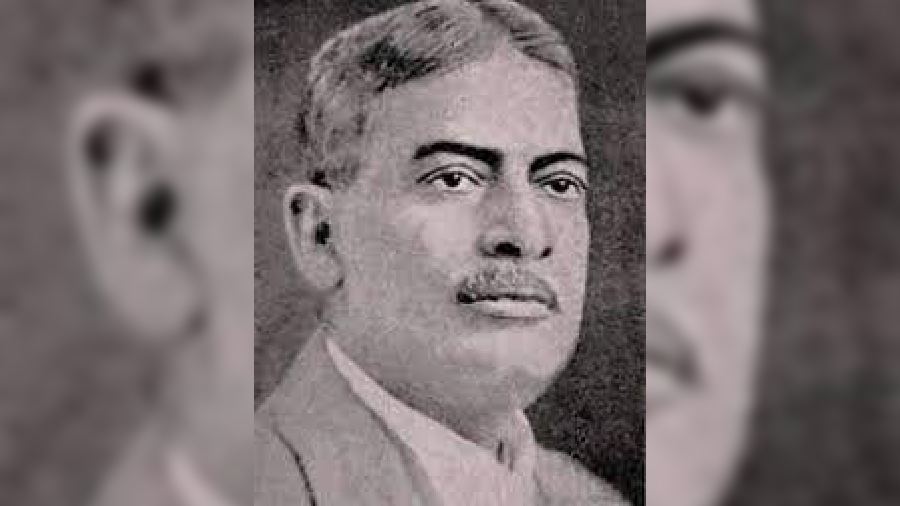Physician and scientist Upendranath Brahmachari, who had found the treatment for kala-azar, passed away on this day. He was 73.
He completed his early education in Jamalpur in Munger, Bihar, where his father was a renowned physician. He graduated from Hooghly Mohsin College in mathematics and chemistry, but went on to study at Presidency College and obtained his medical degrees, including a PhD, from Calcutta University.
Working at Campbell Medical School, which later became Nil Ratan Sircar Medical College and Hospital, Brahmachari found the antidote to kala-azar, a disease that was killing numerous lives in eastern India.
Sitting in a room that was barely-equipped, Brahmachari discovered an organic compound called urea stibamine. The traditional treatment had been lengthy, painful and difficult to administer. Brahmachari’s discovery saved countless lives then and in the years to come, across the world in countries where this disease was prevalent. He was knighted for his discovery and nominated for the Nobel.
Brahmachari himself would recall with the greatest joy the night at the Calcutta Campbell Hospital in Sealdah, where after a very hard day, he found around 10pm that the results of his experiments were correct. The room where he had to labour for months without a gas point or a water tap and where he had to remain contented with an old kerosene lamp for his work at night would remain for him forever “a place of pilgrimage, where the first light of Urea Stibamine dawned upon me”.
